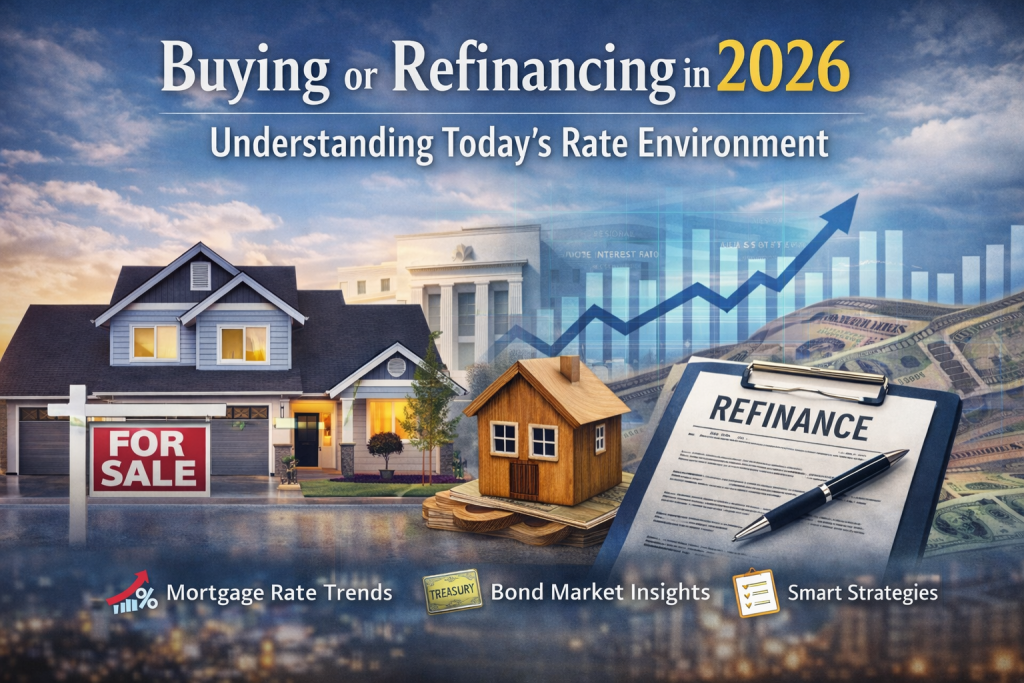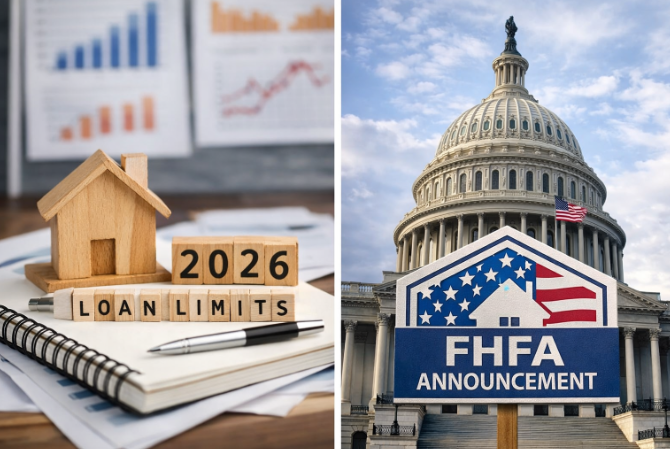
When managing multiple debts becomes overwhelming, homeowners often look for strategies to simplify their financial obligations. One approach that deserves careful consideration is cash-out refinancing as a tool for debt consolidation.
Understanding Cash-Out Refinance
A cash-out refinance involves replacing your current mortgage with a new loan for more than you currently owe. The difference between the new loan amount and your existing mortgage balance is provided to you in cash, which you can then use for various purposes, including consolidating high-interest debt.
How It Works for Debt Consolidation
When you use a cash-out refinance to consolidate debt, you’re essentially converting unsecured debts—such as credit card balances, personal loans, or medical bills—into secured debt backed by your home. The process allows you to tap into your home equity while potentially restructuring your overall debt picture.
Here’s what typically happens: You refinance your existing mortgage for an amount higher than your current balance. The additional funds can then be directed toward paying off other outstanding obligations. This approach combines multiple debt payments into a single mortgage payment.
Potential Advantages to Consider
- Simplified Monthly Obligations
Instead of juggling multiple due dates and payment amounts across various creditors, you’ll have one consolidated mortgage payment. This streamlined approach can make budgeting and financial planning more manageable. - Interest Rate Considerations
Mortgage rates have historically been lower than rates on credit cards and many personal loans. Consolidating higher-rate debt into your mortgage may result in paying less interest over time, though this depends on current market conditions and your individual circumstances.
- Possible Tax Implications
Mortgage interest may be tax-deductible under certain conditions, though this depends on how you use the funds and current tax laws. This is not tax advice. See your tax adviser for information on tax deductibility.
Important Factors to Evaluate
Your Home as Collateral
The most significant consideration is that you’re converting unsecured debt into debt secured by your home. If you encounter financial difficulties and cannot make your mortgage payments, you risk foreclosure. This makes it crucial to ensure you can comfortably afford the new payment amount.
Closing Costs and Fees
Refinancing involves various expenses, including appraisal fees, title insurance, and origination charges. These costs can add up and should be factored into your decision-making process. Calculate whether the potential benefits outweigh these upfront expenses.
Loan Duration
When you refinance, you’re typically resetting the clock on your mortgage. If you’re several years into your current mortgage and refinance into a new loan, you may be extending the time it takes to pay off your home. Consider how this affects your long-term financial goals.
Spending Habits
Consolidating debt doesn’t address the underlying behaviors that may have led to accumulating debt in the first place. Without changes to spending patterns, you could find yourself with both a larger mortgage and new debt accumulation.
Is This Approach Right for You?
Cash-out refinancing for debt consolidation isn’t a one-size-fits-all solution. It may make sense if you have substantial home equity, can secure favorable terms, and are committed to avoiding future debt accumulation. However, it requires careful analysis of your complete financial situation.
Consider these questions:
- Do you have sufficient equity in your home?
- Can you comfortably afford the new mortgage payment?
- Have you addressed the spending patterns that led to your current debt?
- How long do you plan to stay in your home?
- What are current market conditions and available rates?
Making an Informed Decision
Before pursuing a cash-out refinance for debt consolidation, take time to review your complete financial picture. Compare the total cost of your current debts against what you would pay with a refinanced mortgage. Consider consulting with a financial professional who can help you evaluate whether this strategy aligns with your long-term goals.
Understanding both the potential benefits and risks associated with cash-out refinancing helps you make a decision that supports your financial well-being. While it can be an effective tool for some homeowners, it’s essential to approach this option with clear awareness of the responsibilities and implications involved.
Remember, your home is likely your most valuable asset. Any financial decision involving it deserves thorough consideration and a clear understanding of all the factors at play.


